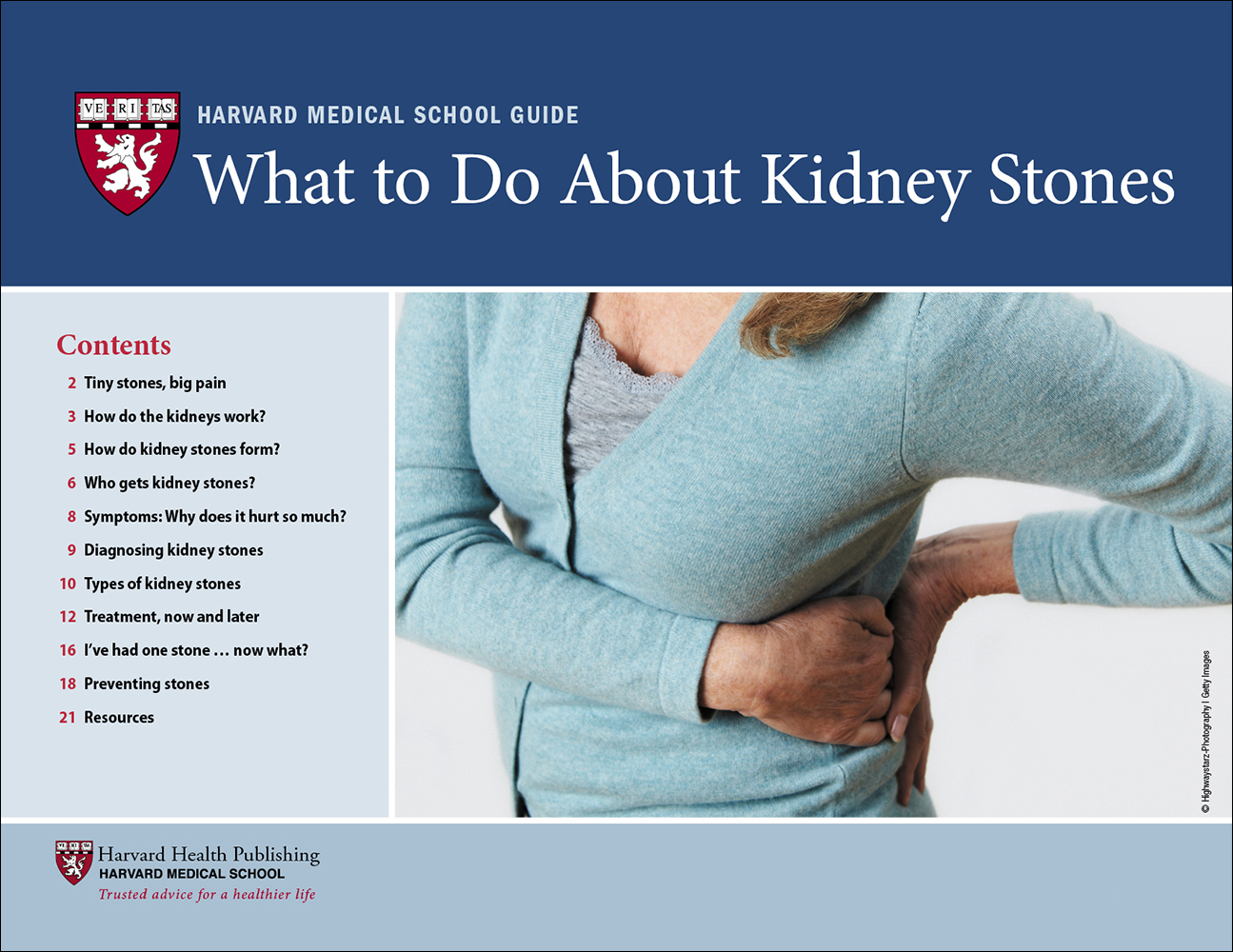Regularly adding salt to meals may raise odds of kidney disease
Research we're watching
- Reviewed by Toni Golen, MD, Editor in Chief, Harvard Women's Health Watch; Editorial Advisory Board Member, Harvard Health Publishing; Contributor
 Here's another reason to put down the salt shaker: habitually adding salt to food may raise the risk of developing chronic kidney disease (CKD), a new study suggests.
Here's another reason to put down the salt shaker: habitually adding salt to food may raise the risk of developing chronic kidney disease (CKD), a new study suggests.
The analysis, published in December 2023 by JAMA Network Open, involved more than 460,000 adults (average age 56, 55% women) who participated in the UK Biobank study over a four-year span. Participants reported how frequently they added salt to meals: never or rarely, sometimes, often, or always.
Researchers tracked participants for an average of nearly 12 years to determine how many developed CKD, which increases the risks of heart disease, stroke, and kidney failure. After adjusting for factors such as smoking, weight, diabetes, and cardiovascular disease, the researchers found that participants who regularly added salt to meals faced higher odds of CKD. The risk increased by 2% among occasional salters, 5% among frequent salters, and 6% among people who said they always added salt.
Image: © Jamie Grill Photography/Getty Images
About the Author

Maureen Salamon, Executive Editor, Harvard Women's Health Watch
About the Reviewer

Toni Golen, MD, Editor in Chief, Harvard Women's Health Watch; Editorial Advisory Board Member, Harvard Health Publishing; Contributor
Disclaimer:
As a service to our readers, Harvard Health Publishing provides access to our library of archived content. Please note the date of last review or update on all articles.
No content on this site, regardless of date, should ever be used as a substitute for direct medical advice from your doctor or other qualified clinician.
















